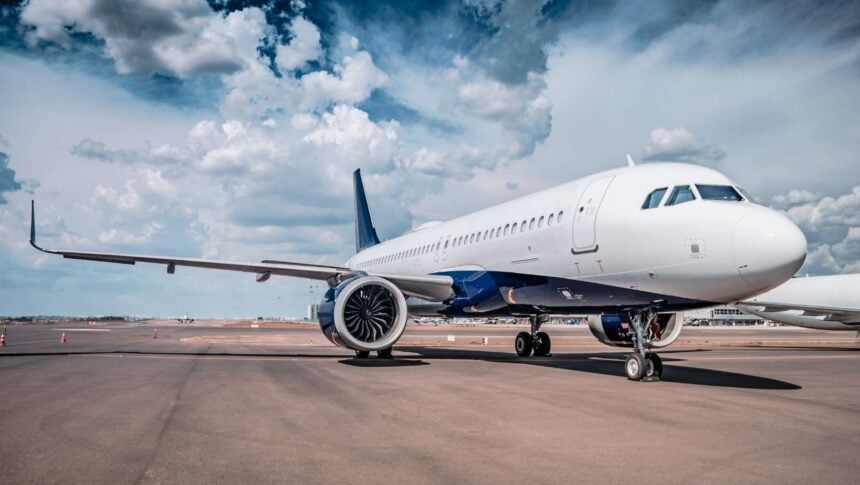WestJet’s flight attendants have opened a new round of labor negotiations with the airline after their union, CUPE Local 8125, served formal notice to bargain.
The step starts the clock on a new collective agreement before the current deal expires on December 31.
The union framed the talks as an opportunity to secure compensation for work that happens outside flight time, such as boarding and post-arrival duties, which it says is often unpaid.
“WestJet flight attendants are professionals who deserve to be paid for every minute they’re on the job,” Alia Hussain, president of CUPE 8125, said in a press release, adding that ending unpaid work is a central aim.
The union said it intends to negotiate in good faith and is seeking a deal that reflects the safety-critical nature of the role.
At issue is how Canadian airlines compensate cabin crew for time spent on the ground.
Flight attendants across the industry have pushed to be paid for tasks like safety checks, boarding and delays at the gate, arguing those duties have grown more demanding as traffic rebounds and aircraft turn times tighten.
CUPE’s WestJet component has signaled for months that “unpaid work won’t fly,” and it positioned the coming talks as the moment to formalize ground-time pay in the contract.
The timing matters for travelers and investors. Bargaining now gives both sides several months to test proposals before the winter travel rush.
It also follows a summer of unusually fraught cabin-crew talks in Canada.
At Air Canada, a separate CUPE unit pressed similar issues and the parties cycled through strike action, a tentative settlement and further dispute resolution. The Air Canada cabin-crew talks underscored how compensation for ground duties has become a touchstone for the sector.
WestJet flight attendants last ratified a five-year agreement in 2021 that runs through the end of this year, setting the stage for the current talks.
With notice to bargain filed, the two sides will work through the federal labor relations process, which can include mediation if needed.
Both parties have reason to prevent disruption, given the travel season ahead and the airline’s broader integration work since acquiring Sunwing, where CUPE 8125 also represents cabin crew. >
The union did not disclose a bargaining calendar or economic demands beyond ending unpaid work and improving compensation for all time on duty.
WestJet had not issued a public statement about the notice as of publication. Investors will watch for any signals about the potential cost of a deal and its ripple effects across the country’s carriers, where cabin-crew contracts often move in tandem.
What comes next will depend on how quickly the sides align on core economic items and scheduling rules. If talks progress, a tentative agreement would go to WestJet flight attendants for a ratification vote.
If they stall, federal mediation is a common next step.
For now, both sides have several weeks to test whether the hot-button issue of ground-time pay can be translated into contract language that satisfies workers and provides cost certainty for the airline.




















